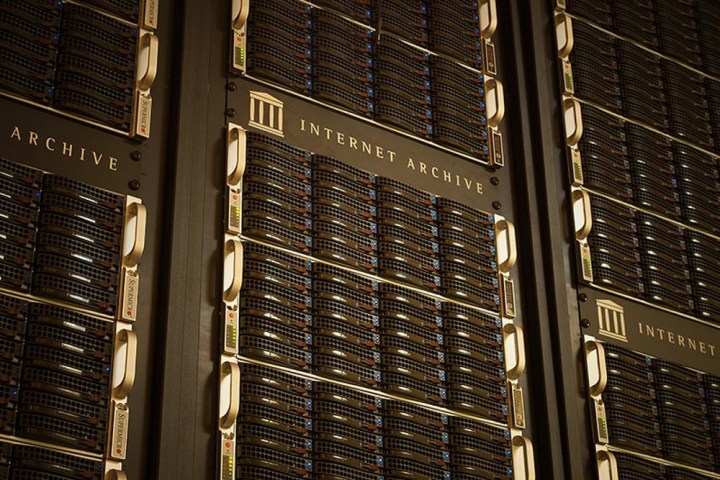
In the past, the Internet Archive has complied with instructions laid out by robots.txt files, according to a report from Boing Boing. However, it has been decided that the way that these files are calibrated is often at odds with the service that the site sets out to provide.
“Over time we have observed that the robots.txt files that are geared toward search engine crawlers do not necessarily serve our archival purposes,” stated a blog post that the organization published last week. “Internet Archive’s goal is to create complete ‘snapshots’ of web pages, including the duplicate content and the large versions of files.”
Robots.txt files are increasingly being used to remove entire domains from search engines following their transition from a live, accessible site to a parked domain. If a site goes out of business, and is rendered inaccessible in this way, it also becomes unavailable for viewing via the Internet Archive’s Wayback Machine. The organization apparently receives queries about these sites on a daily basis.
The Internet Archive hopes that disregarding robots.txt files will help contribute to an accurate representation of prior points in the web’s history, removing their capacity to muddy the waters with instructions intended for search engines.
The organization has already ceased referring to robots.txt files on sites and pages related to the U.S. government and the U.S. military, to account for the enormous changes that can be made to domains between one administration and the next. This decision has caused no major problems, so there are high hopes that discontinuing the use of the files more broadly will be helpful.


